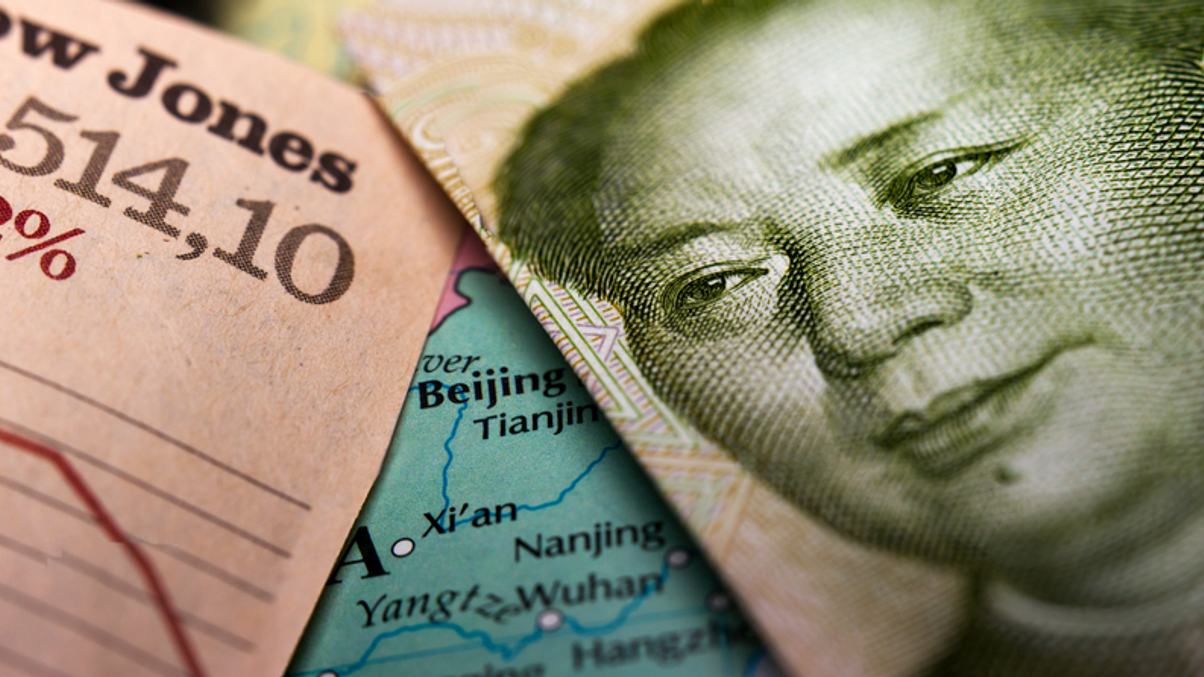Asset owners turn to onshore Chinese equities amid ADRs' muddy future
Pension funds and life insurers are still cautious about US-listed Chinese firms and some of them are switching to onshore A-shares.

Long-term investors are not convinced that China’s recent posturing on improving the regulations for US-listed Chinese equities will reverse the delisting pressure they face from US regulators who show little signs of concession.
Sign in to read on!
Registered users get 2 free articles in 30 days.
Subscribers have full unlimited access to AsianInvestor
Not signed up? New users get 2 free articles per month, plus a 7-day unlimited free trial.
¬ Haymarket Media Limited. All rights reserved.


